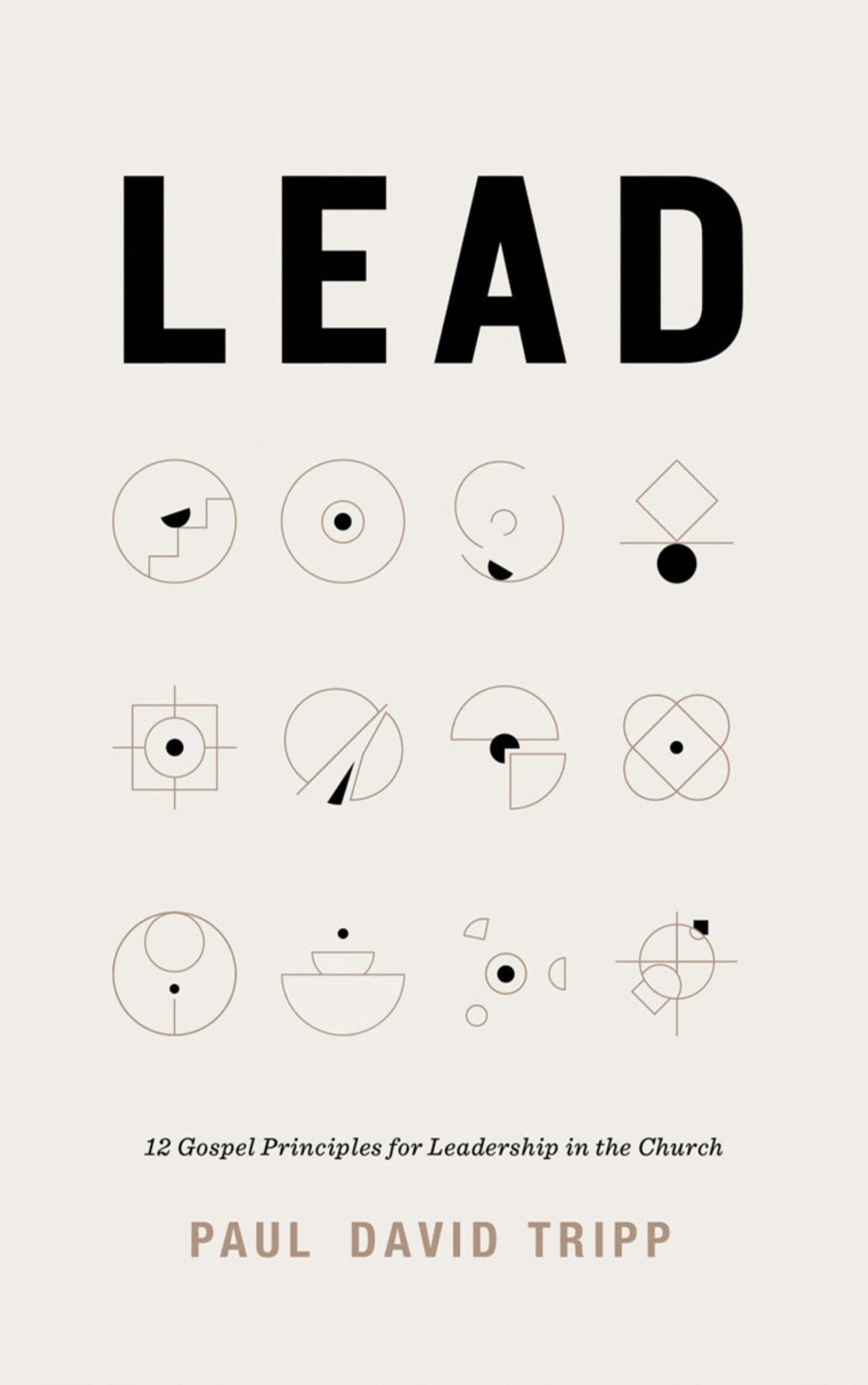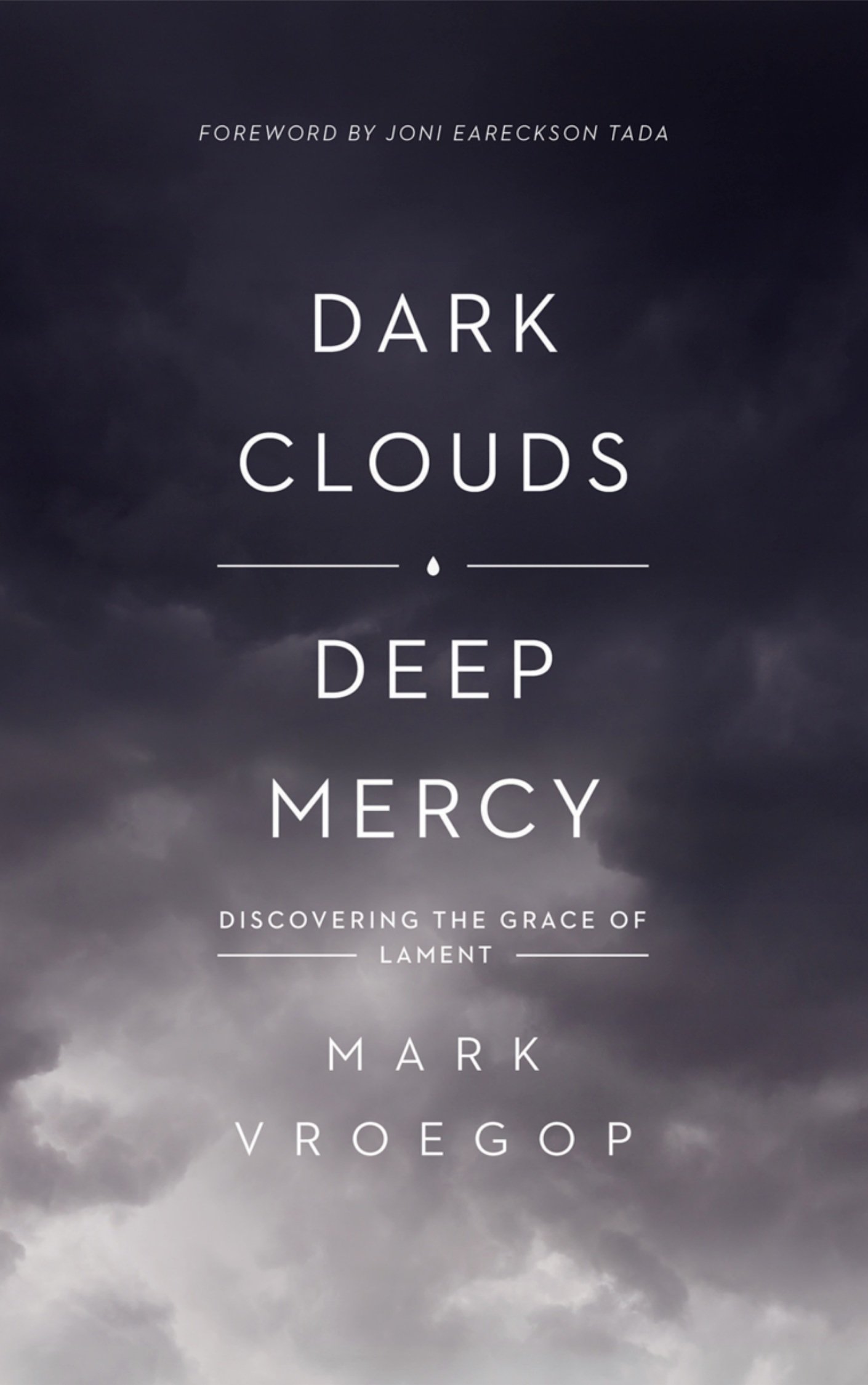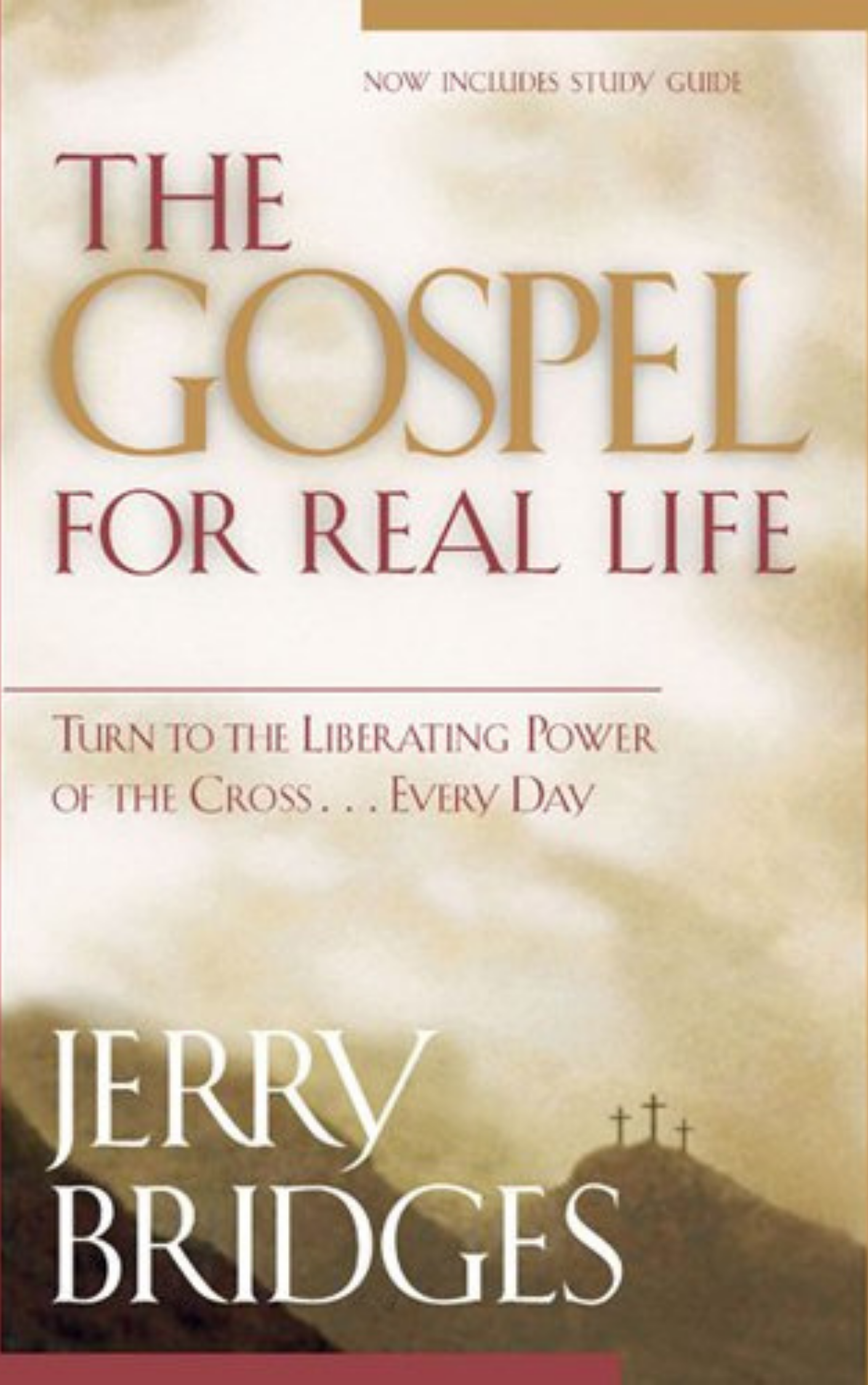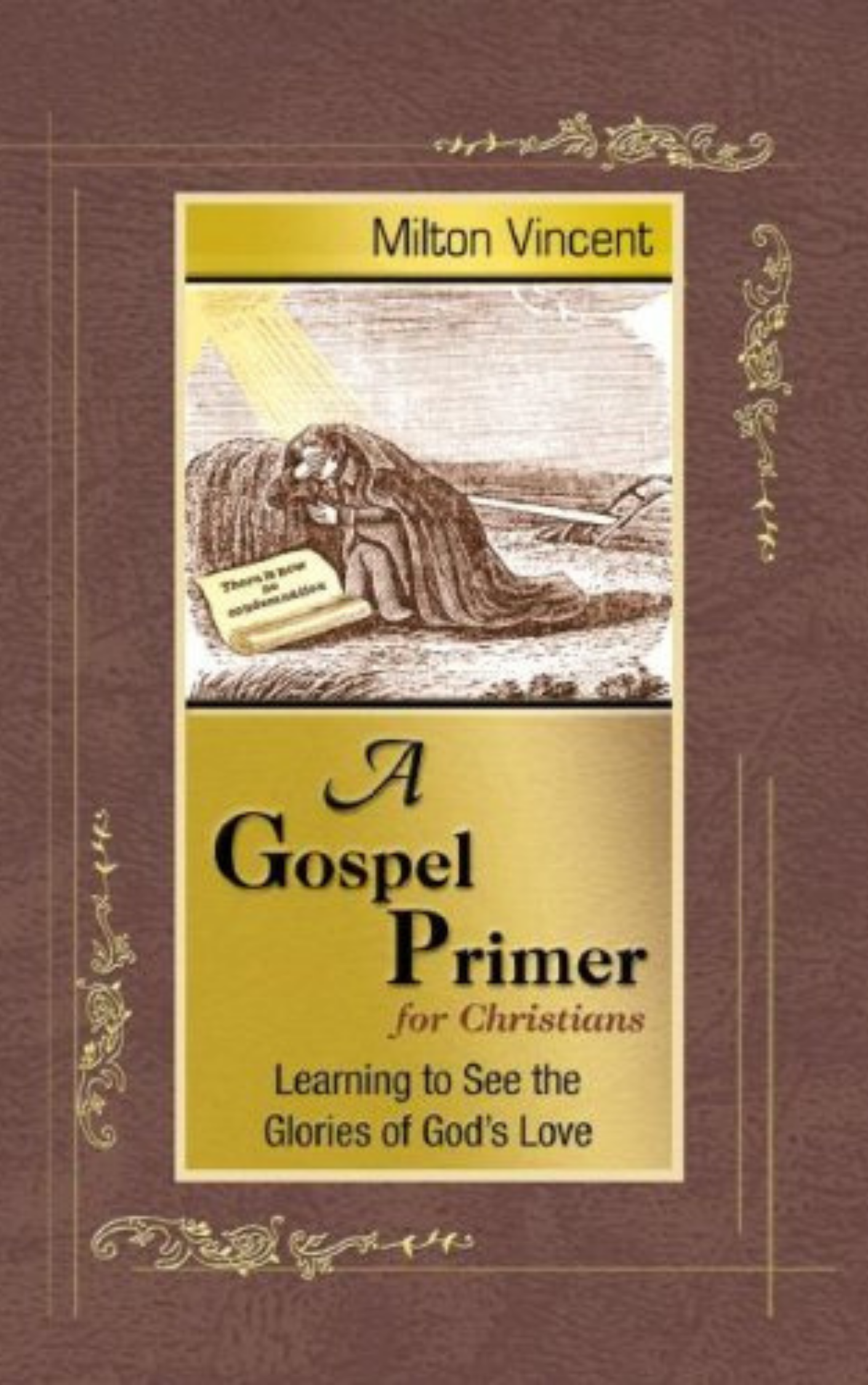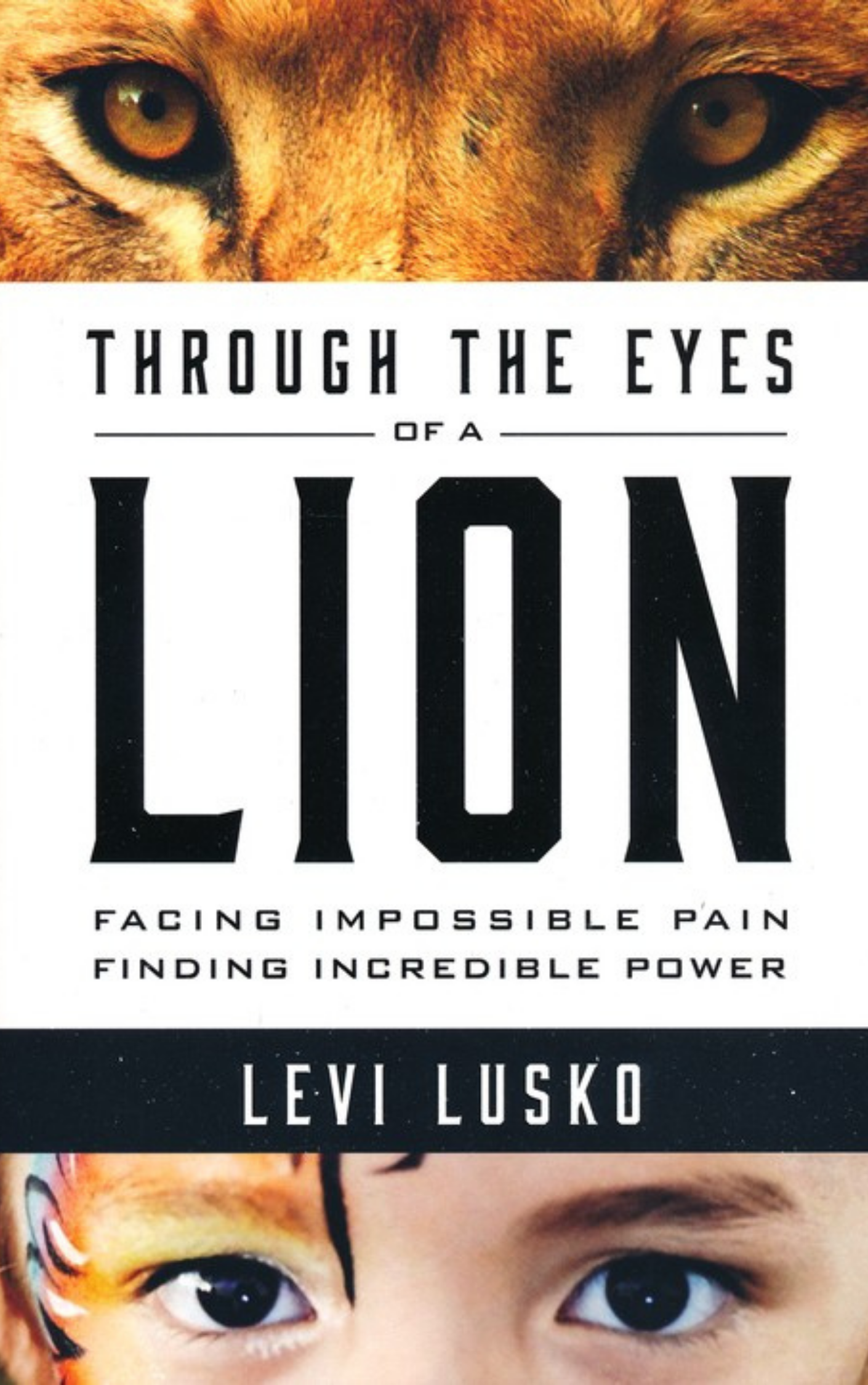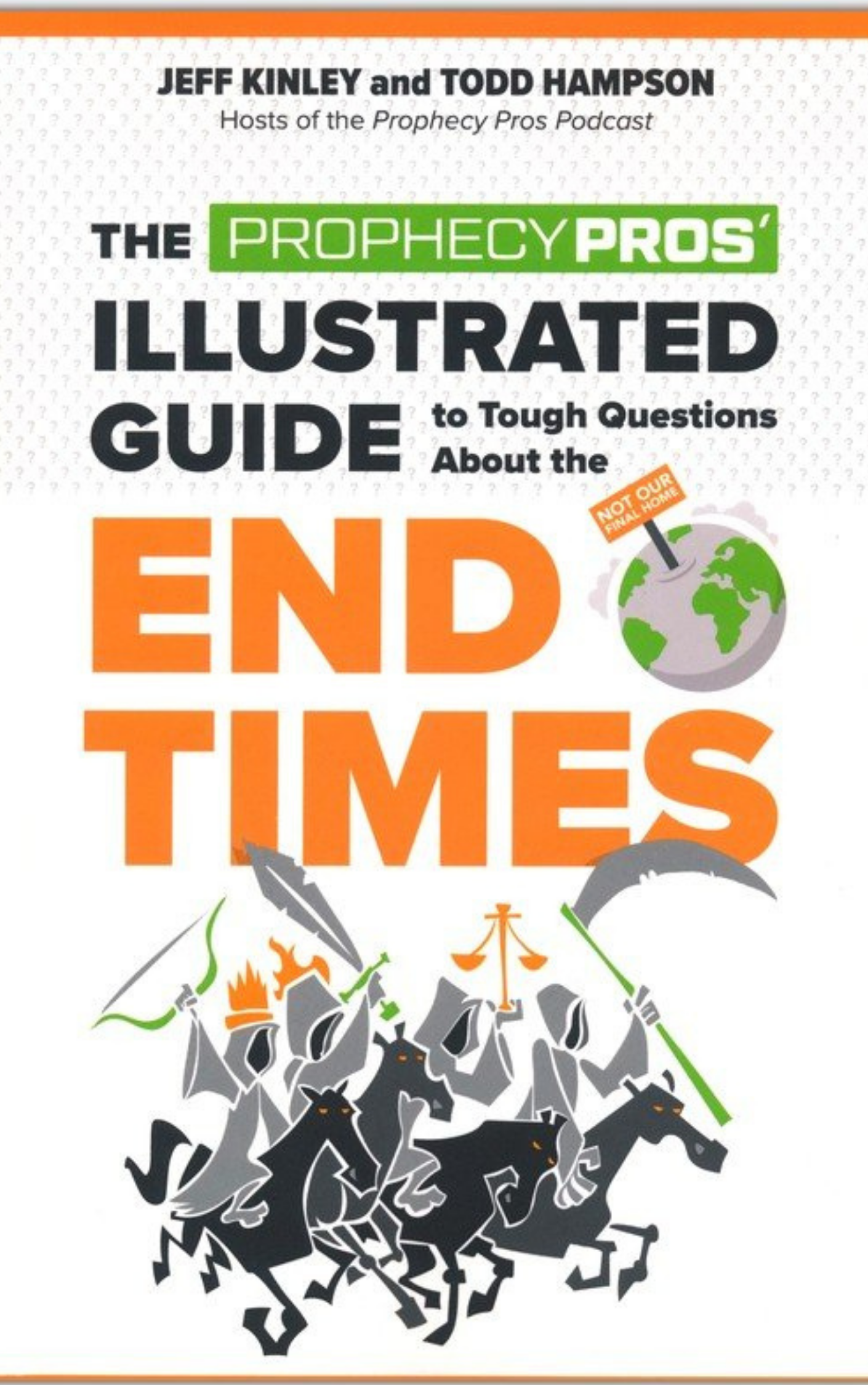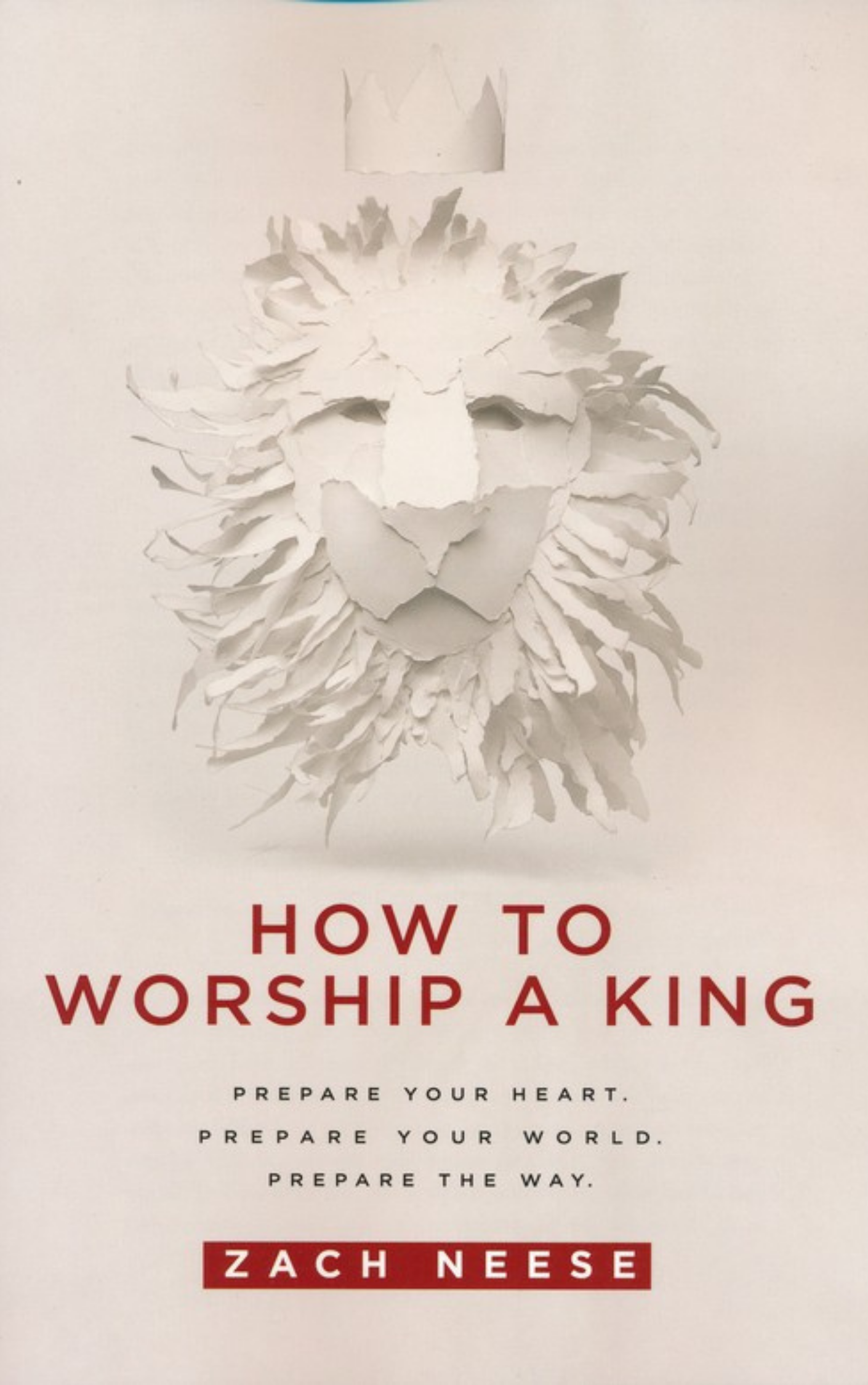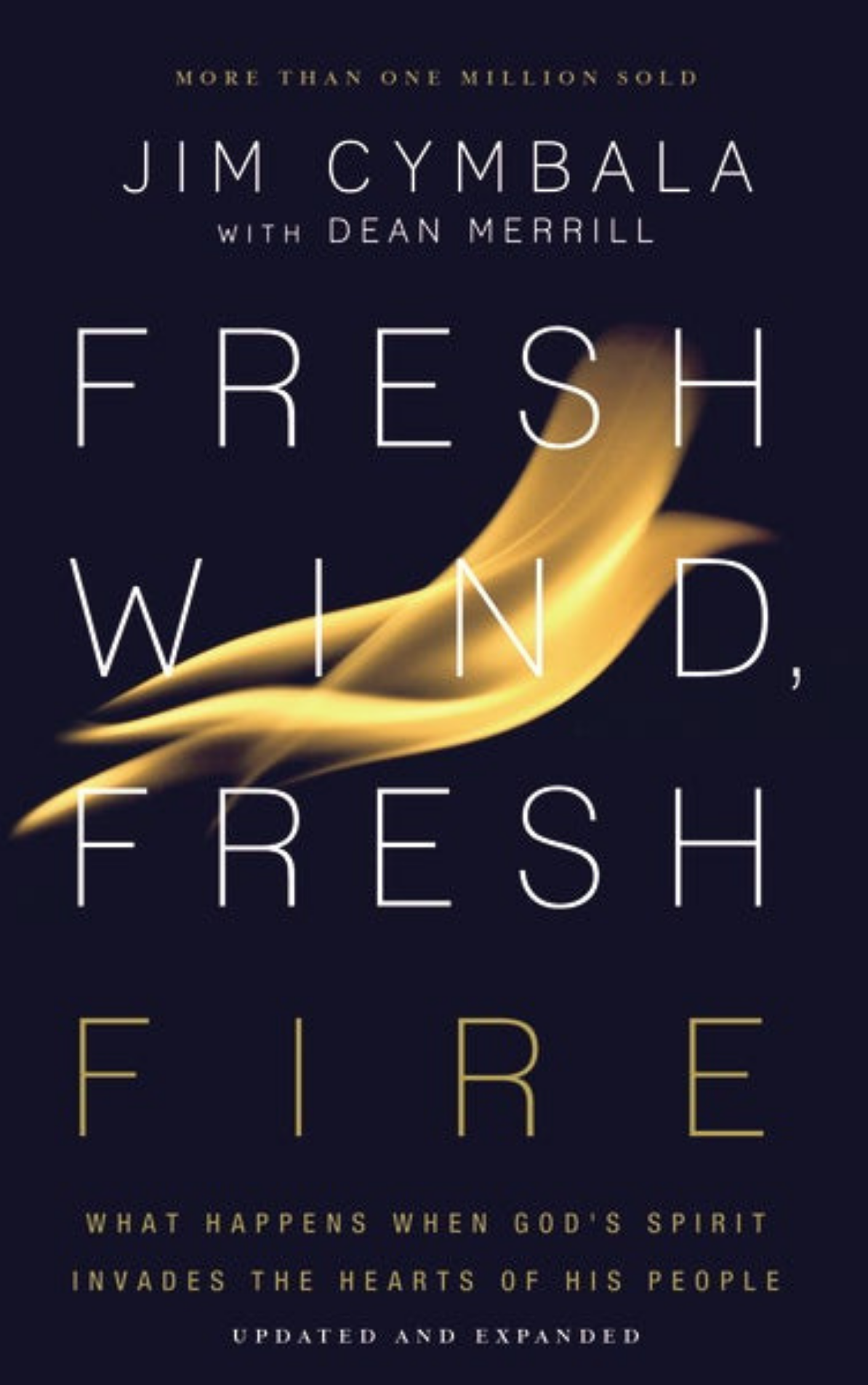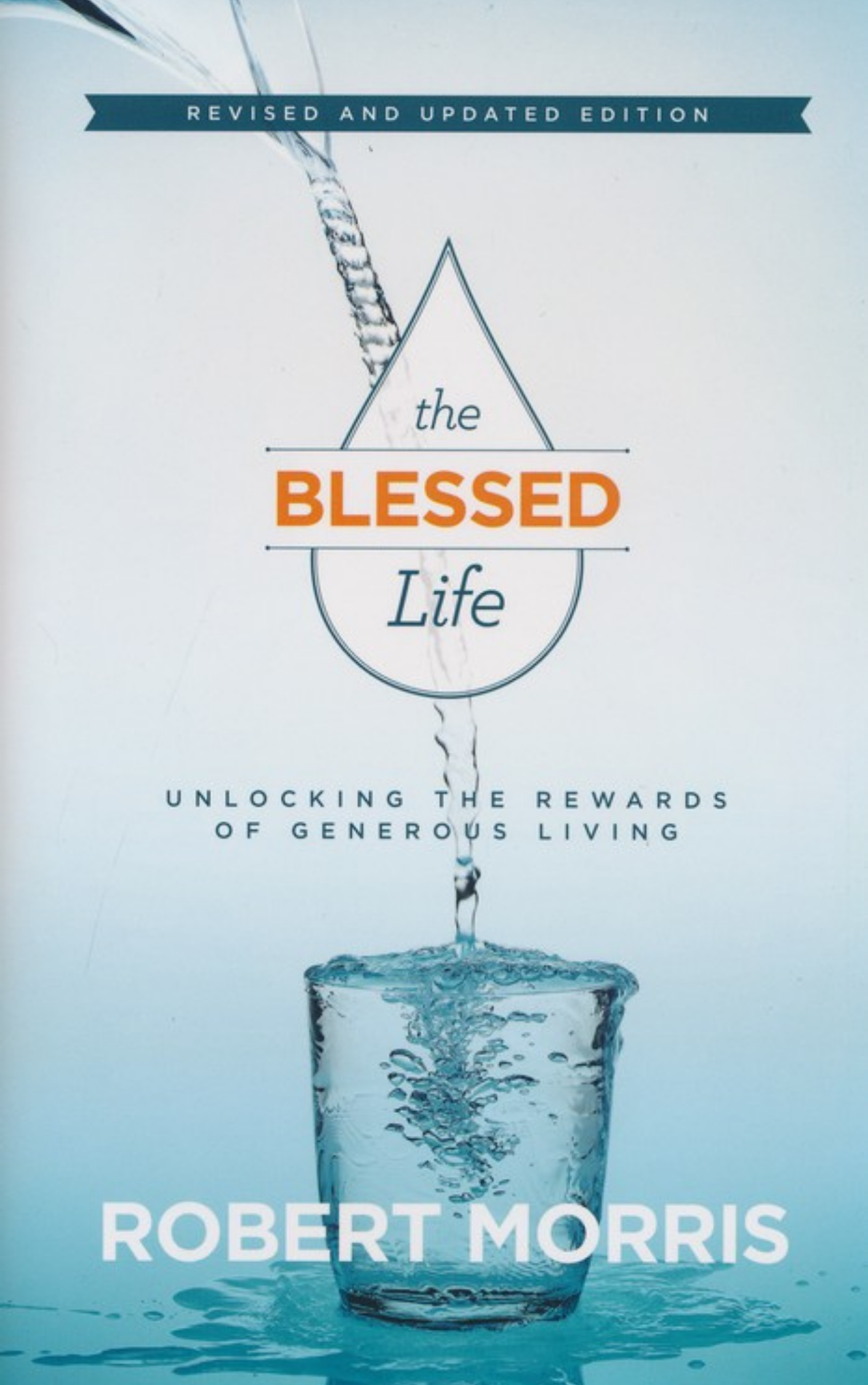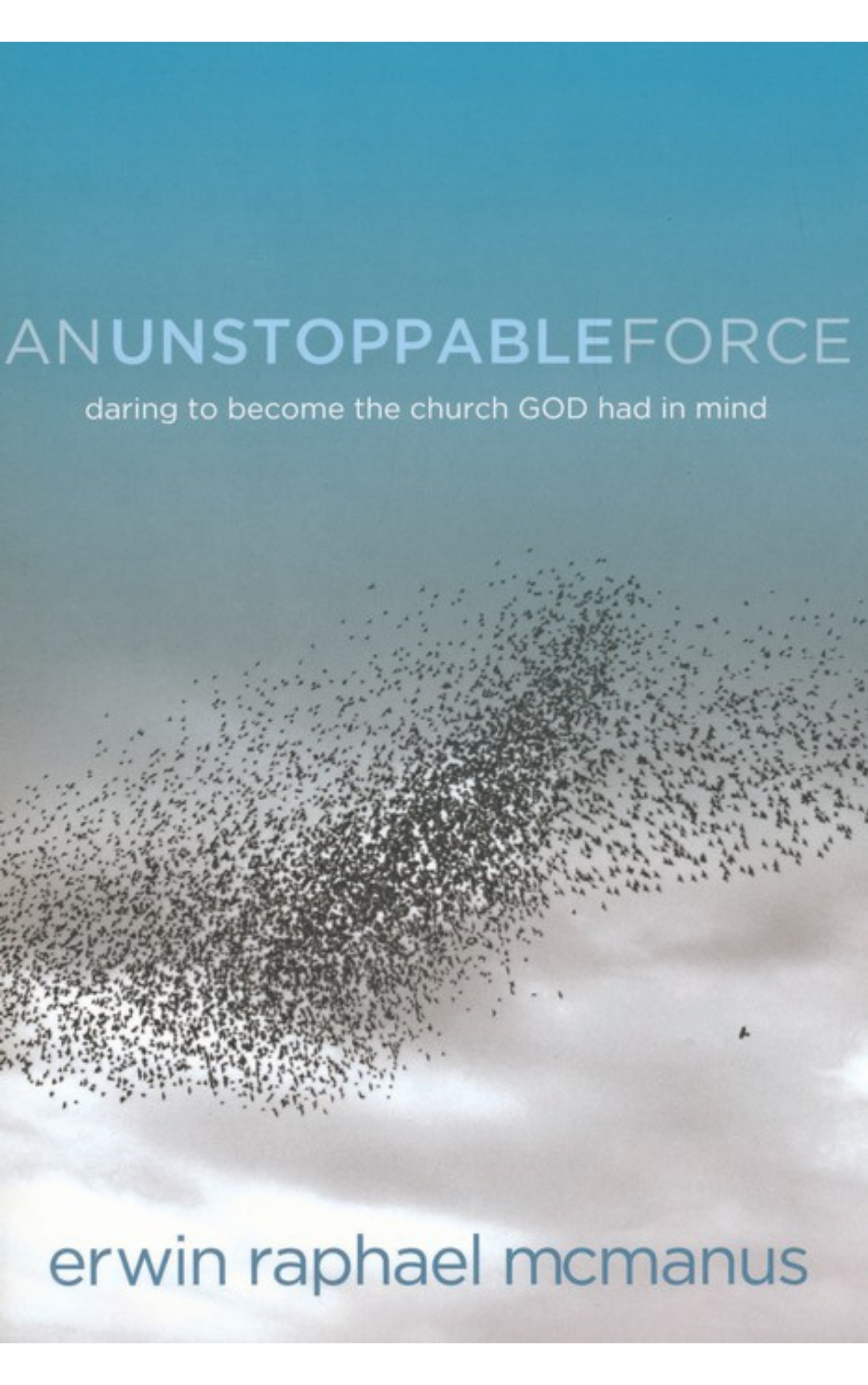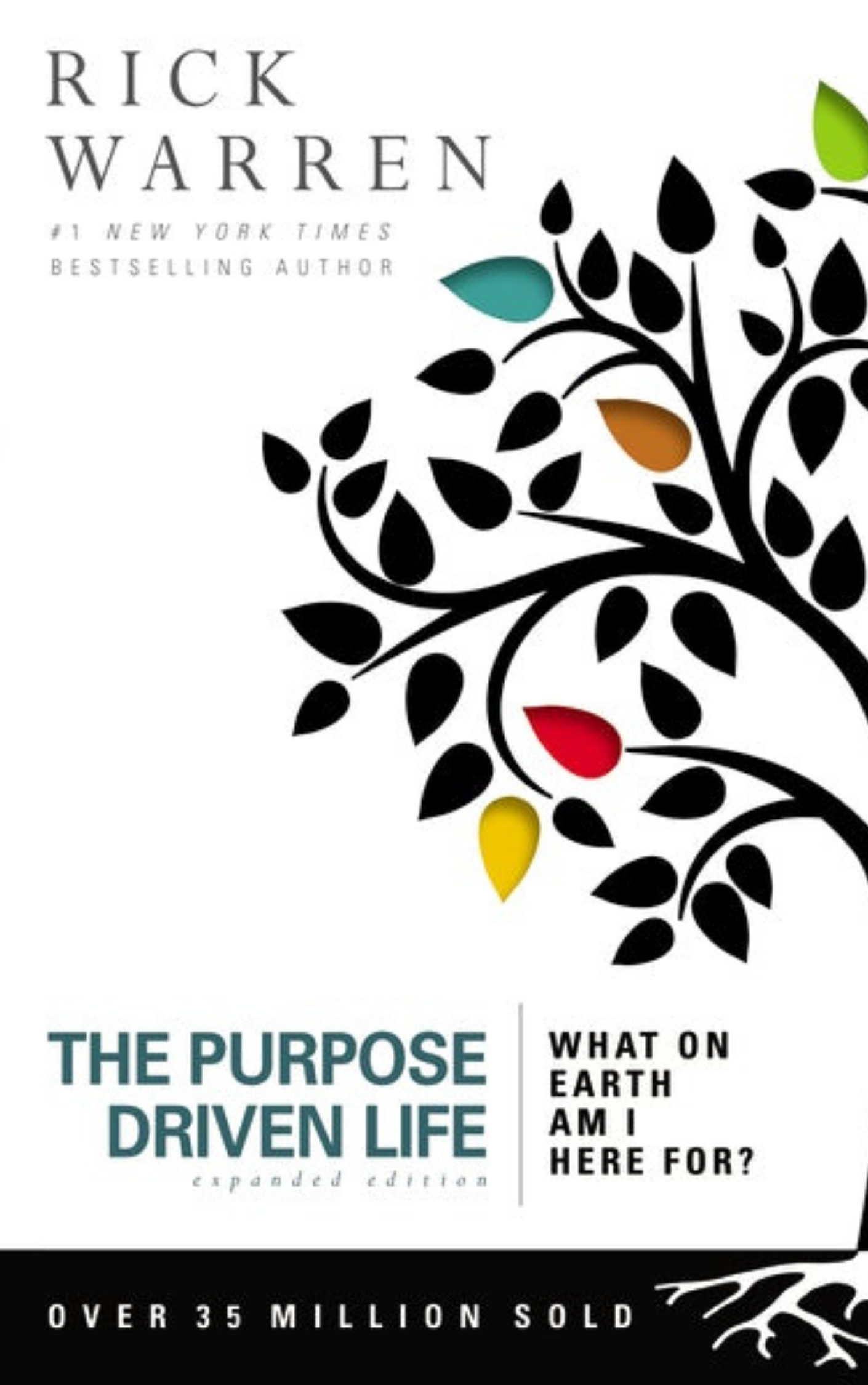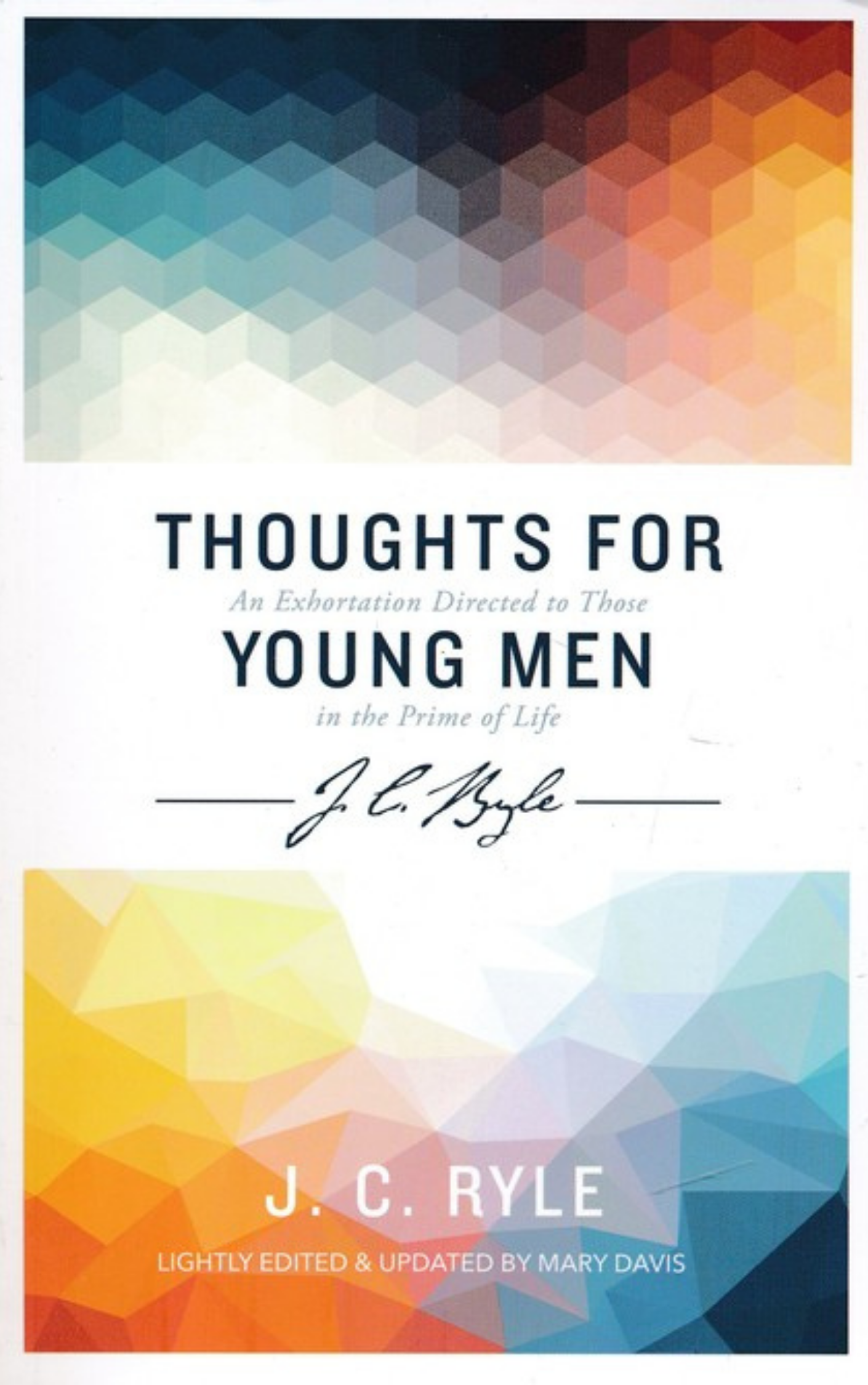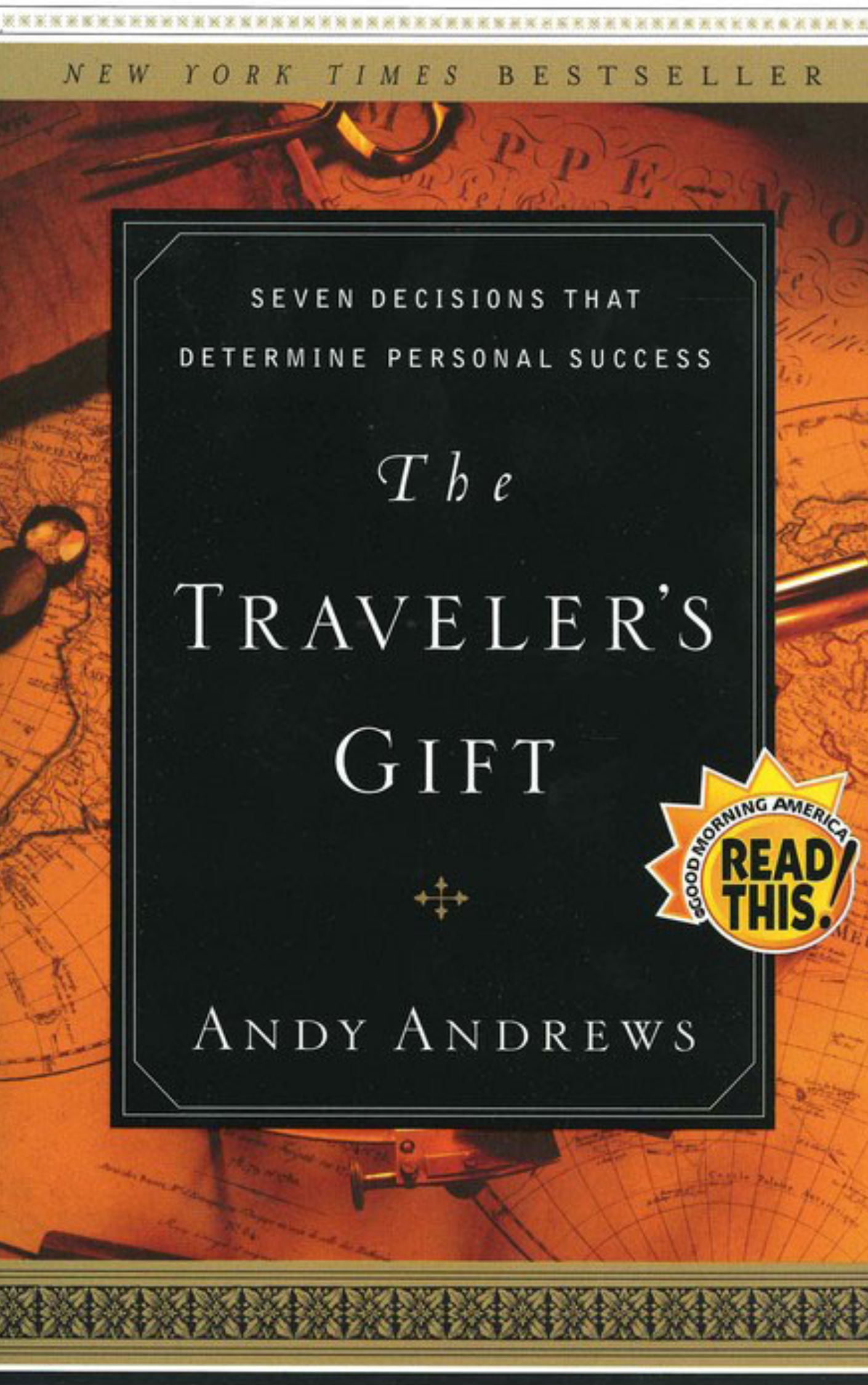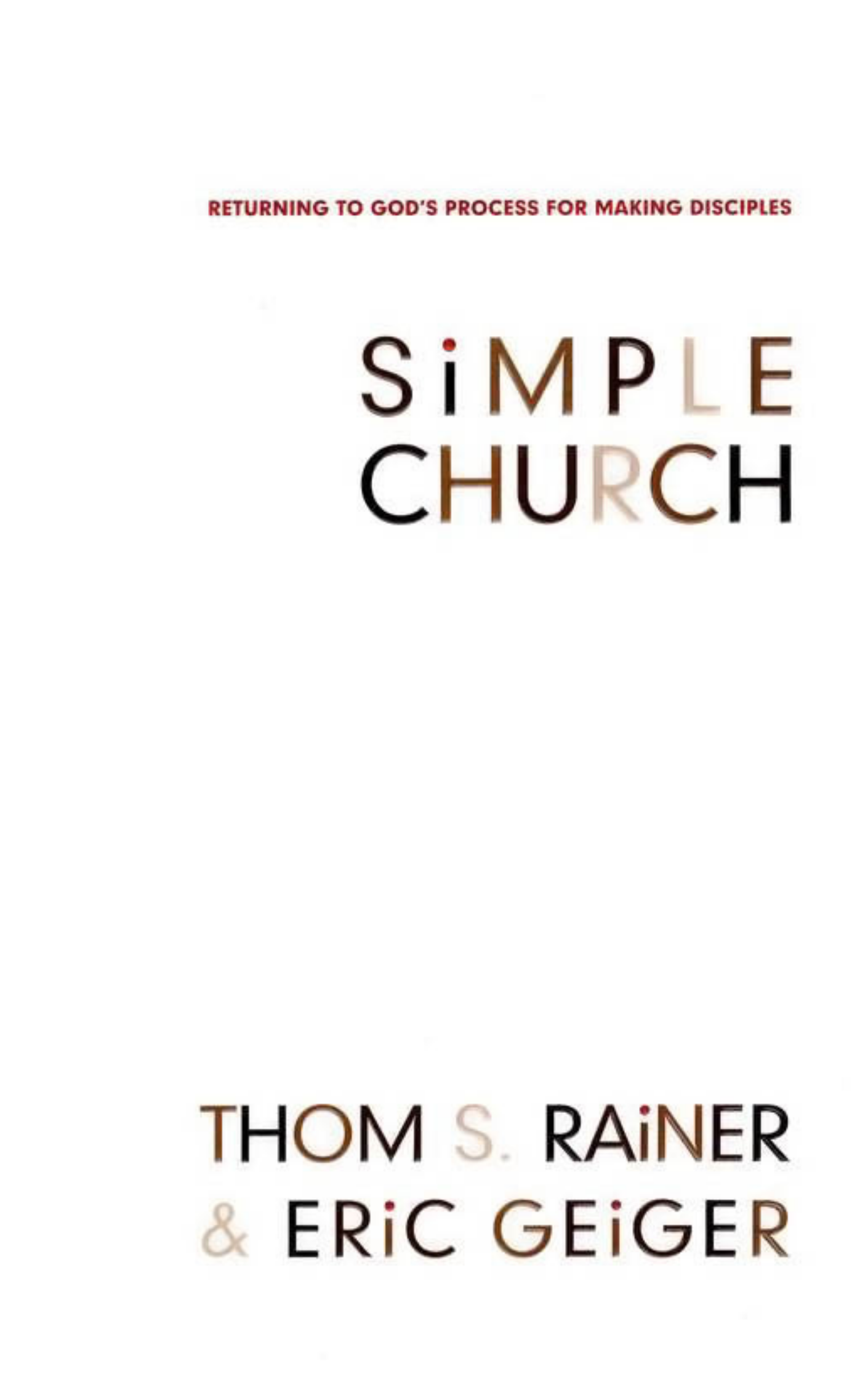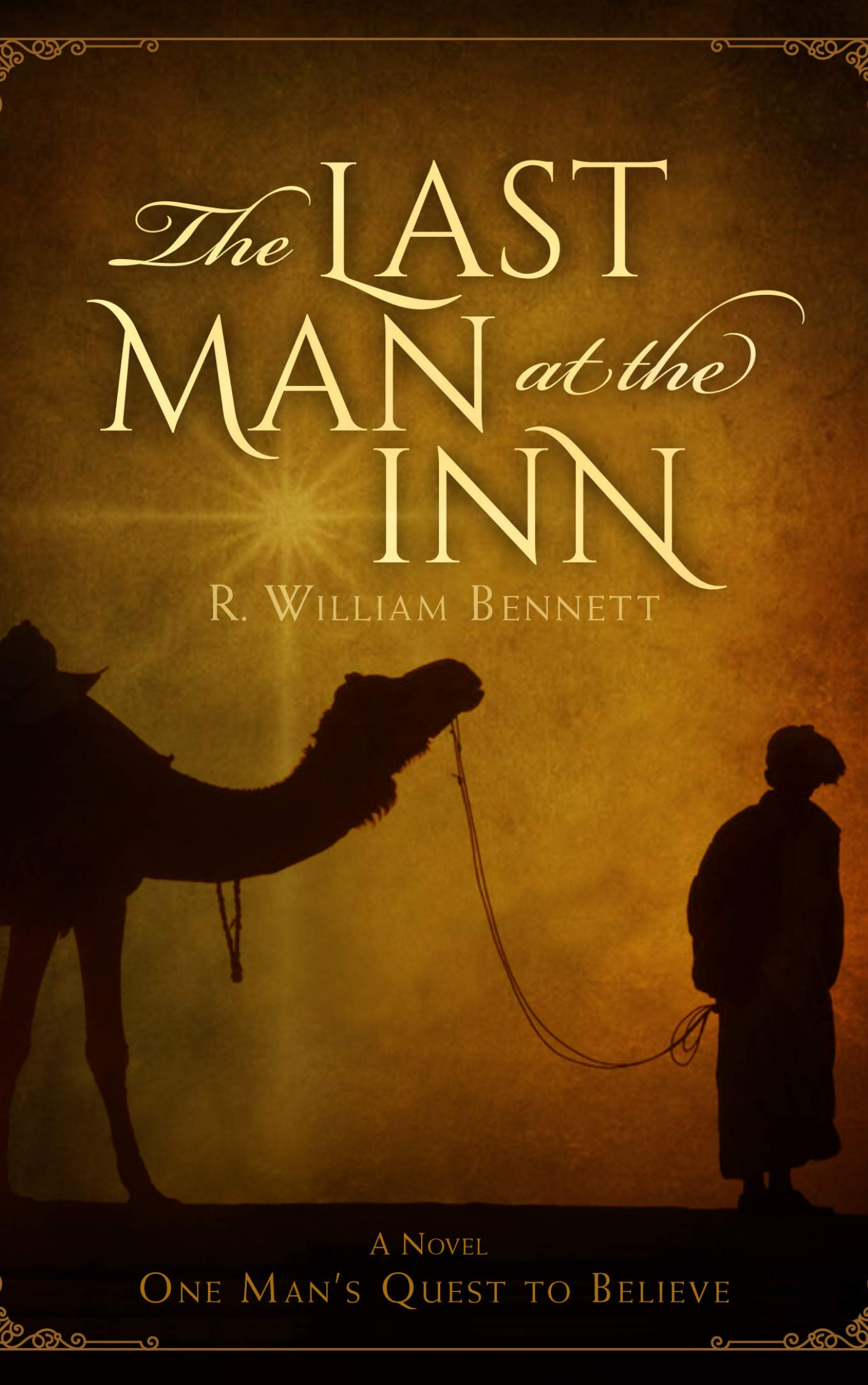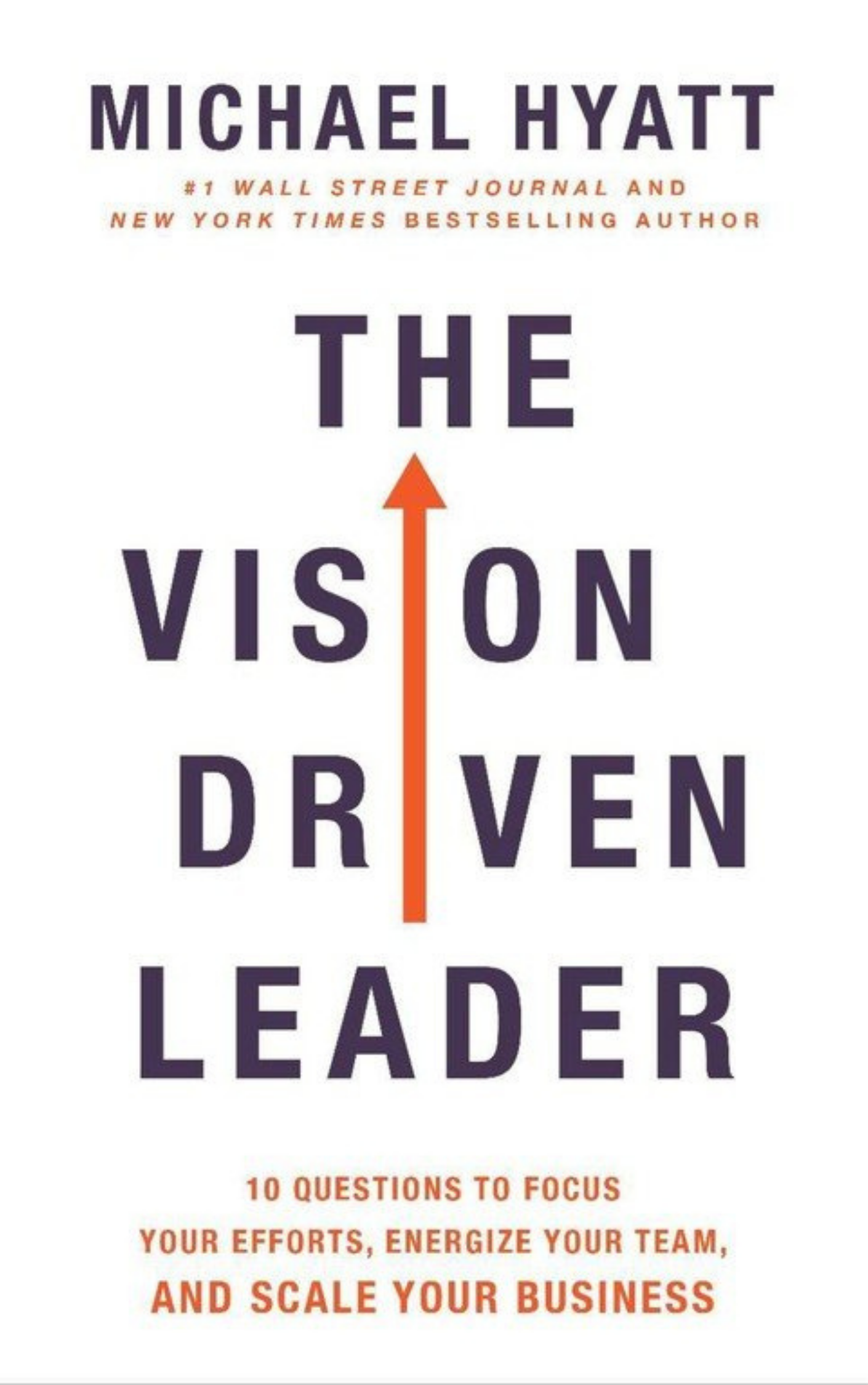The 2024 General Election in the U.S. is upon us. That statement alone is bound to elicit a variety of emotions in each of us! Nevertheless, we are called as believers to represent Christ in every aspect of our lives, including our citizenship in a politically polarized culture:
2 Corinthians 5:20a
Therefore, we are ambassadors for Christ, God making his appeal through us.
We hope this short list of practical suggestions will help all of us to approach election week with intention and seek to lift high the name of Jesus in our inner being and our outward interactions.
10 WAYS TO PREPARE YOUR HEART FOR ELECTION WEEK
1. Approach election week with a heart posture of gratitude.
Thank God for the freedoms we currently enjoy and for the measure of influence we have been given through our constitutional right to vote.
2. Honor God with the measure of influence you have been given.
Make plans to vote in accordance with Biblical convictions. The policies authorized by local and national governments affect life issues that the Bible speaks about directly. Learn where the candidates stand on these critical issues: https://ivoterguide.com/voter-guide. Reference Indiana polling locations and ballot information: https://indianavoters.in.gov/.
3. Anchor yourself in your God-given identity.
During an especially divisive time, remind yourself that your identity as an image bearer and child of God should distinguish you more prominently than your political affiliations do. As believers, our primary citizenship is in heaven, and our earthly citizenship should be leveraged for the realization of God’s glory and His kingdom. (Philippians 3:20-21, Matthew 6:33, 1 Peter 2:9-12)
4. Seek to regard others first as fellow image bearers with eternal souls. (2 Cor. 5:16)
In a season where many are quick to lament the brokenness in our political system and in the world at large, look for opportunities to share the hope we have been given in Christ, who has overcome this world and and offers eternal peace. (John 16:33, 1 Peter 3:15)
5. Use your words wisely.
Between campaign rhetoric, commentary by news anchors and political analysists, talk shows, commercials, and the opinions shared by friends and family, we are flooded with messaging. So, in a sea of speech, let wisdom characterize your words. Proverbs 18:21 tells us that the tongue (speech) has the power of life and death. Further, believers are called to act as beacons of truth in a world plagued by the enemy’s deception. May we be known as those who speak the truth in love (Ephesians 4:15) and whose speech gives grace to the hearer. (Ephesians 4:29)
6. Pray specifically.
Pull up a sample ballot (https://indianavoters.in.gov/) and pray over the names, all parties aside. Each name represents a soul and a family of individuals who need prayer for wisdom, guidance, and protection. Many names represent individuals and families in need of salvation. (1 Timothy 2:1-4)
7. Pray for spiritual revival in our country.
God’s heart beats for repentance and revival, not desiring that any should perish apart from His love. (2 Peter 3:9) Our greatest need in America is for men, women, and children to find new life in Christ. Pray that we would see widespread repentance and salvation in our lifetime, and that God would help us to actively engage in sharing the Gospel toward that end.
8. Set yourself up for success.
You know you pretty well. You know what triggers you to operate in the flesh rather than to follow the Spirit. During election season, evaluate your engagement with news media, social media, and personal dialogue. Allowing the Holy Spirit to help you discern the sources you consult, the time you spend consuming media, and the individuals you engage in conversation could prove valuable.
9. If you vote in person, show kindness to election workers.
Look them in the eye and thank them for serving our community. It may be the highlight of their day.
10. Exercise trust with the election outcome.
In advance, purposefully resolve to respond with godliness. If you lead a family, lead them to respond by praising the Lord, regardless of the outcome. Our hope does not rest in which candidate is elected to a powerful position, but rather in the God who is all-powerful. Determine to act as salt and light by the way you respond. (Daniel 2:21, Colossians 1:16-17, Proverbs 16:33, Job 42:2, Psalm 33:20-22, Matthew 5:13-16)
May our engagement with this election season align with the heart of Jesus Christ, who embodied the fullness of grace and truth. (John 1:14) In election season and beyond, may we echo David’s prayer in Psalm 19:
“Let the words of my mouth and the meditation of my heart be acceptable in Your sight, O LORD, my rock and my redeemer.”









































